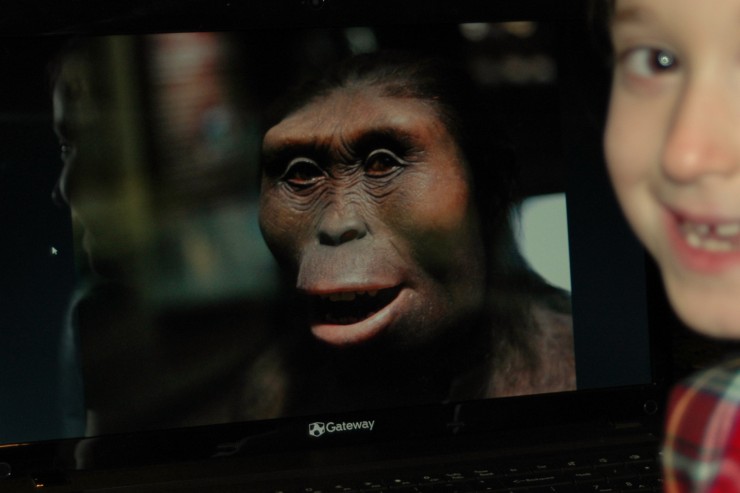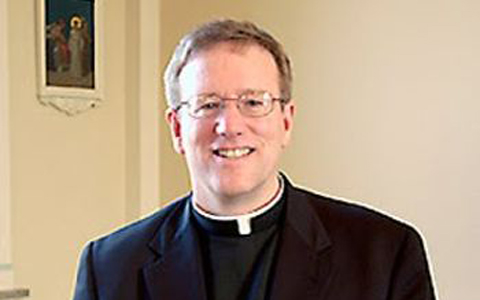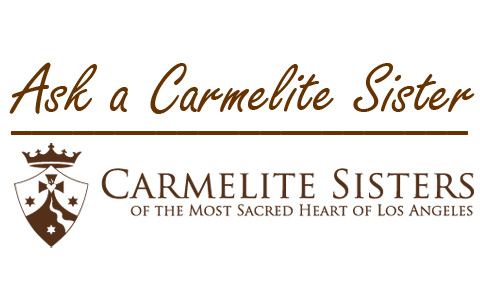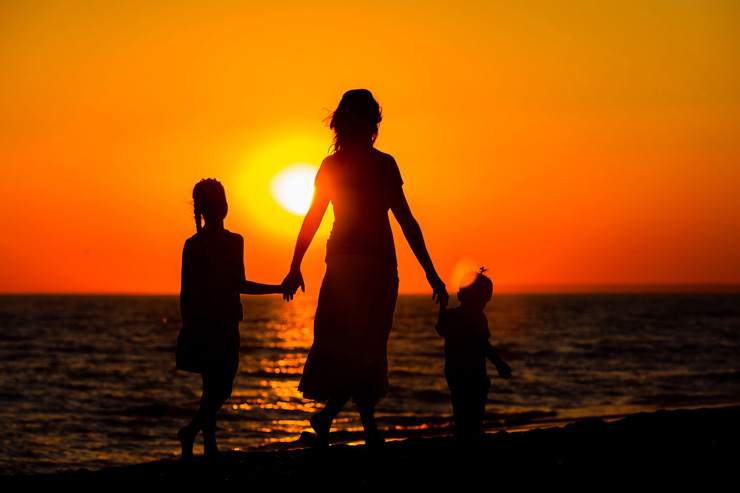My first grader, Lucy, is learning about Adam and Eve, Original Sin, and The Fall. Typically, she’s dotting her i’s and crossing t’s. Typically, I’m bracing for the usual question. “Wait Mommy, who did Cain and Abel marry?” I’ll explain how we do not know, and for the first time she may wonder if faith conflicts with science. That pains me a little. Her first kindergarten science lesson was “God Made Everything.” She plays with toads and salamanders, examines veins in leaves, sculpts birthday cakes out of mud, and hears her older sister wail when anyone stomps a spider because it was “one of God’s creatures.” She is awed by creation. The wonder drives her to love science, and I don’t want her to lose that.
Like her sisters, she marvels at fossils in books and wonders what it would have been like to roam with dinosaurs. She is already interested in the same-named female hominin whose 3.2 million year old skeleton was found in Ethiopia. Someday she’ll probably learn about the genus Homo and the extinct Homo species that might have been ancestors of Homo sapiens. She’ll probably read about Homo habilis, how they had good manual dexterity and made tools out of pebbles, or about Homo ergaster and their family structures in which parents protected children. She might read in science journals that genomic studies suggest Homo neanderthalis interbred with modern humans. If she takes a university biology course, she’ll likely hear scientific theories that challenge the Adam and Eve story I teach her now.
And she’ll probably still be paying a great deal of attention to the details. Will she know how to think these questions through? If I don’t teach her how, she may naively abandon her unexamined beliefs. I want my children to be so confident in their faith that they are unafraid to explore the hardest questions in science. Scientific discovery will go on righting itself in places where better discoveries are made and forging ahead where brighter imaginations tread.
Faith and science are both a search for truth. What is true for one ought to be true for the other, and ultimately it is. The tension of apparent conflict is due to our incomplete knowledge. Maybe we do not yet fully understand the point of Genesis. Maybe science will reveal more about our first parents and what it means to be human. After all, no scientist can deny 1) we are united as one species, 2) our species stands above all the others, and 3) human cultures have always searched for God.
So I’m learning to teach these kids to stand back and say: “Well, here’s this and there’s that. I’m not sure how it fits together, so I’ll keep learning.” Deeply I want them to know the search for truth must be guided by faith, to remember to order their thinking as adults the same way they did as children—awed by creation, driven by wonder, firmly grounded in what God has revealed.















